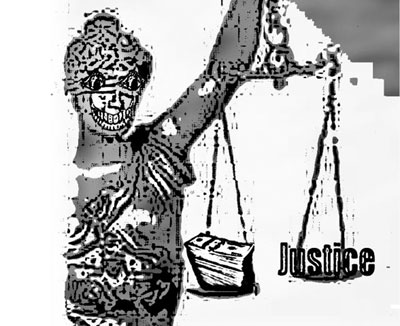All Nonfiction
- Bullying
- Books
- Academic
- Author Interviews
- Celebrity interviews
- College Articles
- College Essays
- Educator of the Year
- Heroes
- Interviews
- Memoir
- Personal Experience
- Sports
- Travel & Culture
All Opinions
- Bullying
- Current Events / Politics
- Discrimination
- Drugs / Alcohol / Smoking
- Entertainment / Celebrities
- Environment
- Love / Relationships
- Movies / Music / TV
- Pop Culture / Trends
- School / College
- Social Issues / Civics
- Spirituality / Religion
- Sports / Hobbies
All Hot Topics
- Bullying
- Community Service
- Environment
- Health
- Letters to the Editor
- Pride & Prejudice
- What Matters
- Back
Summer Guide
- Program Links
- Program Reviews
- Back
College Guide
- College Links
- College Reviews
- College Essays
- College Articles
- Back
Xenophobia MAG
“Go back to your own country!” the woman at the store shrieked. I was upset, but the suggestion wasn’t so much painful as shocking. This confrontation wasn’t taking place a hundred years ago, this was 2001. In fact, it was September of 2001, just weeks after 9/11. It wasn’t the insult itself that bothered me, but the emphasis on your county. The events of September 11 had supposedly united us all as Americans, yet suddenly I was questioning my identity because my sense of security was threatened. For the first time as a young adult, I stopped to wonder, Is this not my country?
As a Russian immigrant, I had heard ignorant statements ever since I arrived in the United States as a child. Yet as I grew older, I saw that most of society didn’t see immigrants like me as a threat; most people thought it was cool that I had once been an alien and that I was fluent in another language. Although there are ignorant individuals everywhere, I’d learned that generally immigrants are accepted members of society. When the woman began spewing insults at us, it had been at least a decade since I had heard a similar statement. As my parents responded, I stepped outside to collect my thoughts. I attempted to understand her rationale and what had provoked her to say such a demeaning thing.
I just didn’t understand what made us, as immigrants, any different from the rest of Americans. Everyone in my family is a citizen who pays taxes and votes in elections; we wear the same clothes as everyone else and speak English. Was there a sticker on our foreheads labeling us foreigners? If so, I believed everyone should be condemned to wear it. Every person in this country has ancestors who immigrated here.
As I heard my parents arguing with the woman, I felt anger rising in me. I wished to go inside, march up to her, and tell her exactly what I thought - that my parents had sacrificed everything to come here with nothing and that they each worked over 80 hours a week. We were more American than she would ever be because we were living the American dream without abandoning the principles of humanity. I wish I had done this, but I did nothing. I just waited outside the store, tears streaming down my face, the face of a changed person.
That day, I was not a hero - I stood by quietly and left my parents to defend their honor - but I came home a different person. I had learned not to be ashamed that my parents have accents when they speak English and that I wasn’t born in the United States. My family endured unimaginable hardships, and have already accomplished more than some Americans who aren’t immigrants. For their sacrifices and losses, I am proud to say that I am an American.

Similar Articles
JOIN THE DISCUSSION
This article has 1 comment.
